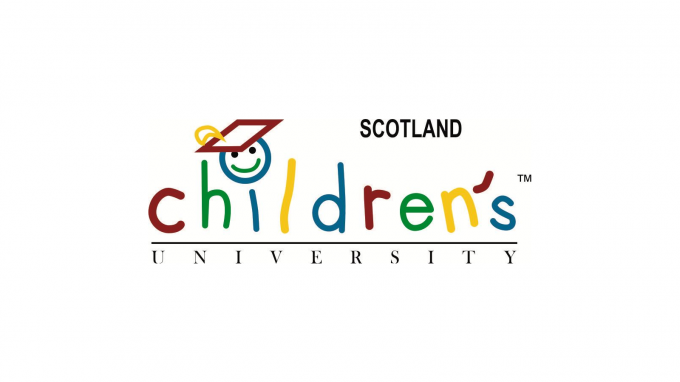Chloe Goodall, Head of Impact at Children’s University Scotland, explores the impact extending free bus travel to people on low-income benefits and under 25s would have on realising children’s rights.
Earlier this month, the Scottish Government passed the UN Convention on the Rights of the Child (UNCRC) incorporation bill, ensuring young people’s rights are considered throughout Scottish law. However, the latest Scottish Government poverty statistics highlight the unacceptable and rising levels of child poverty in Scotland, even before the pandemic. The added financial and social burden on families with children in the last year is making life even more difficult.
The Everyone Aboard campaign has young people’s rights at its heart. UNCRC rights apply to all children, whatever their circumstances. Extending free bus travel to under 25s and everyone receiving low-income benefits would make a significant difference in realising all young people’s rights, particularly those swept up in the rising tide of poverty.
For families on low incomes, bus travel is a lifeline that allows them to access public services like health and education, and employment. It’s a vital lifeline enabling families to connect with people and places for culture and recreation, supporting individual and community wellbeing, as well as unlocking opportunities that help young people to develop the skills needed for life and learning.
As part of our Children’s University award scheme, we encourage families to get involved in low and no-cost activities in their local area that are fun, boost skills, and build confidence and self-esteem. We work with disadvantaged families first, so wholeheartedly encourage partners and activity providers to remove financial barriers to participation. Every young person has the right to learn, enjoy leisure and culture, meet others and participate in community life enshrined in the UNCRC, but removing activity costs is only part of the process in making these rights real for all children.
Transport costs exert significant pressure on household budgets and restrict the opportunities and options available. Parents in low-income families tell us “there’s nothing to do round here,” but often later reveal “we can’t afford to travel to where there are people and things we care about.” Families are forced to choose what they do based not only on the cost of the activity, but also the cost to reach where it takes place.
Community hubs offering free activities and facilities such as libraries, community centres and green spaces are so important for our mental and physical health, though for many the cost of public transport leaves them out of reach. It cannot be right that low-income families are effectively doubly locked out of participating in community life and cannot afford the low and no-cost opportunities that should be open to all.
Children’s University Scotland welcomes the government’s pledge to extend free bus travel to everyone under 22 in Scotland, but this doesn’t go far enough to ensure that families can access their and their children’s human rights. Accompanying their children, many parents and carers will still be forced to pay a fare they can’t afford.
Our transport system was designed, so it can be re-designed to work for everyone. Public transport isn’t an optional service for young people and those on a low income. It can mean the difference between accessing activities and services for a healthy and fulfilling life and not. Free bus travel would loosen the grip of poverty on the people who need it most, reducing stress and offering greater freedom to choose leisure and learning activities that they value. Free bus travel ensures people maintain contact with their social and support networks, improving everyone’s quality of life. Enabling low-income parents and carers to travel with their children will also support safer travel for children who won’t need to use bus services alone.
As we move out of lockdown, hopefully for the last time, we’re all looking forward to getting out and about a bit more. Meeting friends and family, sharing a meal or enjoying sports and cultural activities are at the top of many people’s to-do lists. Young people and those on low incomes have been disproportionately affected from job losses and pay cuts during the pandemic, disrupted education and a decline in wellbeing. Our emergence from the pandemic is for all of Scotland, not just those who can financially afford the freedoms permitted to us once again.
On the road to recovery, let’s give everyone a seat and extend free bus travel to everyone receiving Universal Credit and under 25s.


Enter your email address to receive regular e-updates about our work. If at any time you want to stop receiving these, simply contact us. We’ll keep your details safe and won’t share them with any other organisations for their marketing purposes. For full details see our Privacy Policy.